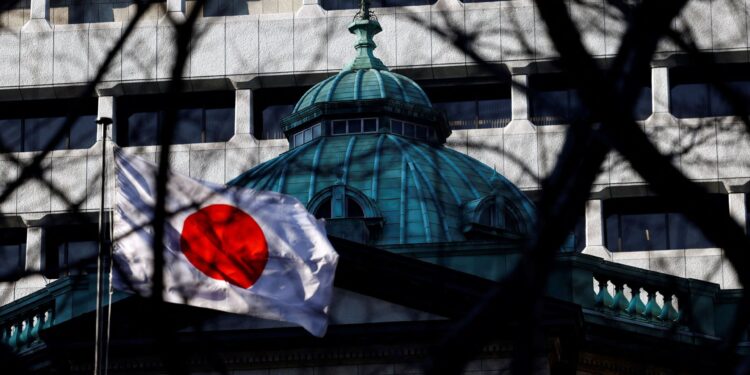The Bank of Japan (the central bank) raised interest rates today, Friday, to its highest levels since the global financial crisis in 2008 and adjusted its expectations for inflation to increase, which confirms its confidence that the rise will keep inflation stable around its 2%goal.
This is the first increase in interest rates since July last year and comes days after the inauguration of US President Donald Trump, who is likely to keep policymakers around the world in a cautious state before the possible repercussions of the high customs fees he threatened.
In its two -day meeting and concluded today, Friday, the Bank of Japan raised the short -term interest rate from 0.25% to 0.5%, a level that Japan has not seen 17 years ago.
The decision was taken by eight supporters in exchange for one vote opposing.
This step, which was strongly expected, confirm the central bank’s intention to raise interest rates steadily to about 1%, which is the level that analysts believe does not lead to a slowdown or acceleration of the growth of the Japanese economy.
The Bank of Japan has made no change in its directives on future policy, saying that it will continue to raise interest rates if its expectations on the economy and prices are fulfilled.
The Bank of Japan modified its expectations for inflation by increasing and said that the risks that threaten price prospects tend to rise, indicating its focus on raising interest rates again.
It should be noted that in March 2024 and in a historical decision, the Bank of Japan has officially bid farewell to the era of negative interest rates, which represents the end of the unprecedented cash motivation program that prevailed in the country for years.
This made Japan the last central bank to get out of negative interest rates and end an era in which policymakers worldwide sought to support economic growth through cheap funds and unconventional cash tools.



